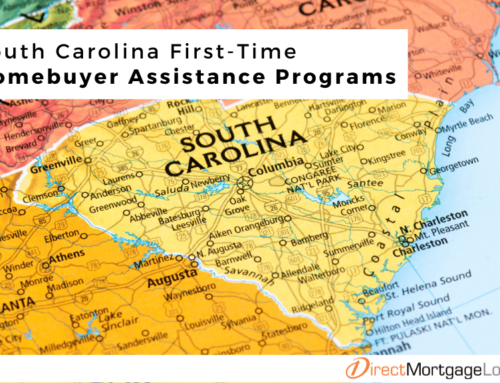Nearly 30% of Americans are self-employed today, and there is an expected 7.9% growth rate of self-employed individuals moving forward. While there are many benefits of being self-employed, some common misconceptions are that getting approved for a mortgage is challenging. While the mortgage process is a bit different for self-employed individuals, it is not impossible.
Employment and income are both significant factors in determining a borrower’s mortgage eligibility. A self-employed borrower does not receive employee tax forms (i.e. paystubs, etc.), determining mortgage eligibility requires a slightly different process. Below we’ve outlined everything your Loan Officer will need to access mortgage eligibility.
1. Income Proof
Full-time employees could provide pay stubs and employer documentation (i.e. tax returns) to determine income stability, and current and future financial strength. A self-employed individual will need to provide proof of income over a much longer period of time. Since it is common for inconsistent pay periods, a lender may ask for an explanation of why certain periods did not bring in as much income. Essentially, the lender is trying to assure that the borrower brings in enough consistent and promising income to pay off their loan.
2. Verification of Employment
Lenders may need a variety of documentation such as client emails and business licenses. They are trying to assure the income is valid.
3. Tax Returns
Lenders will need two years of personal and business tax returns. These documents break down a realistic understanding of the borrower’s true income.
4. Credit Score
Credit score is important for any borrower, self-employed or not. However, it is important to remember that a great credit score will help secure more mortgage options regardless of other factors.
5. Debt-to-Income Ratio
A borrower’s debt-to-income ratio (DTI) is very influential. This shows how much of the borrower’s income will apply to repaying their outstanding debts every month. If you have a DTI ratio of more than 50%, you should reduce this prior to applying for a mortgage; the lower, the better.
Overall, self-employment does not make it harder to obtain homeownership. While the documentation process may be slightly different, becoming a homeowner as a self-employed borrower is possible. If you are self-employed and are looking to buy a home, contact a team member today to discuss your buying power!





